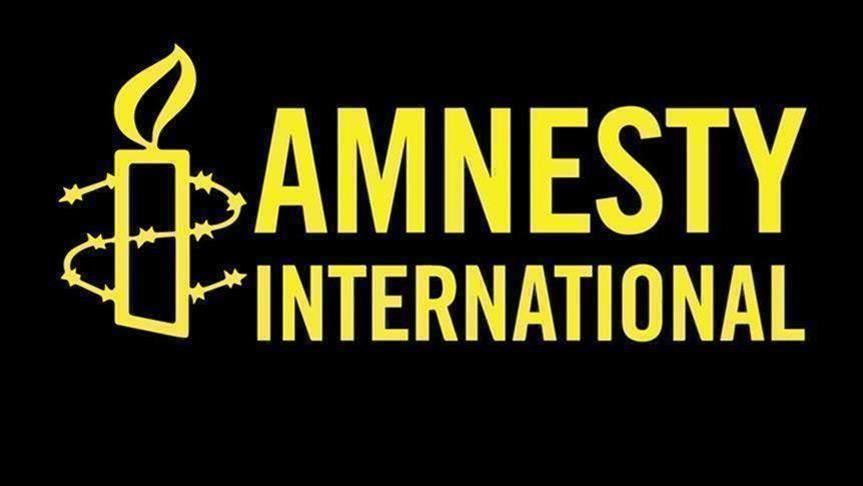The defense and security forces of Guinea, according to the non-governmental organization, Amnesty International (AI) committed killings in neighborhoods favorable to the opposition after the October 18, 2020 presidential election.
The moment is symbolic. Alpha Condé is sworn-in today for a third term at the helm of Guinea. And that is the day that Amnesty International chose to denounce the abuses committed in the aftermath of the presidential election last October.
On the basis of testimonies collected from the families of victims, analyzes and authentication of photos, and a count made with medical structures, the NGO highlights “the new step taken in the repression of demonstrations and critical voices between October 19 and the beginning of the month” of December.
In fact, Amnesty International underlines, citing the judicial authorities, “during the days following the presidential election, 20 bodies were deposited at the forensic service of the Ignace Deen Hospital in Conakry as a result of the post-election violence, for autopsy needs.”
But, for the Union of Democratic Forces of Guinea (UFDG, opposition), 46 people were killed by the defense and security forces between October 19 and November 3.
In his own count, Amnesty International counts “at least 16 people shot dead between October 18 and 24. Between October 19 and 28, one clinic alone received 37 wounded, including 15 with firearms and nine with knives.”
This made Fabien Offner, researcher on West Africa at Amnesty International say that “the inauguration of President Alpha Conde on December 15 is the culmination of a contested electoral process, marked by more than a year of serious human rights violations in Guinea with complete impunity. Before, during and immediately after the election, people were killed and injured by the police and the gendarmerie, and the regular announcements of the opening of investigations have so far been unsuccessful.”
Besides, the non-governmental organization says it has documented a series of violence by the defense and security forces against residents of neighborhoods in the capital, who are known to be close to the opposition.
Forensic experts at Amnesty International analyzed and authenticated the photos of the injuries of Ibrahima Sow, 62, arrested on October 24 and died on November 17 while still under the supervision of the authorities.
Amnesty International’s analysis concluded that “Taken together, Ibrahima Sow’s pattern of injuries strongly suggests the infliction of burns with a hot iron rod or similar object. Injuries are very strong evidence of abuse.” These injuries could be the cause of Ibrahima Sow’s death, says the NGO.
In its note, Amnesty International further reports that the authorities also carried out at least 400 “arbitrary” arrests targeting opponents and members of the civil society after the presidential election. On October 31, the president of the Conakry Court of Appeal announced that 325 people had been arrested in connection with post-election violence.
ARD/cgd/fss/abj/APA


